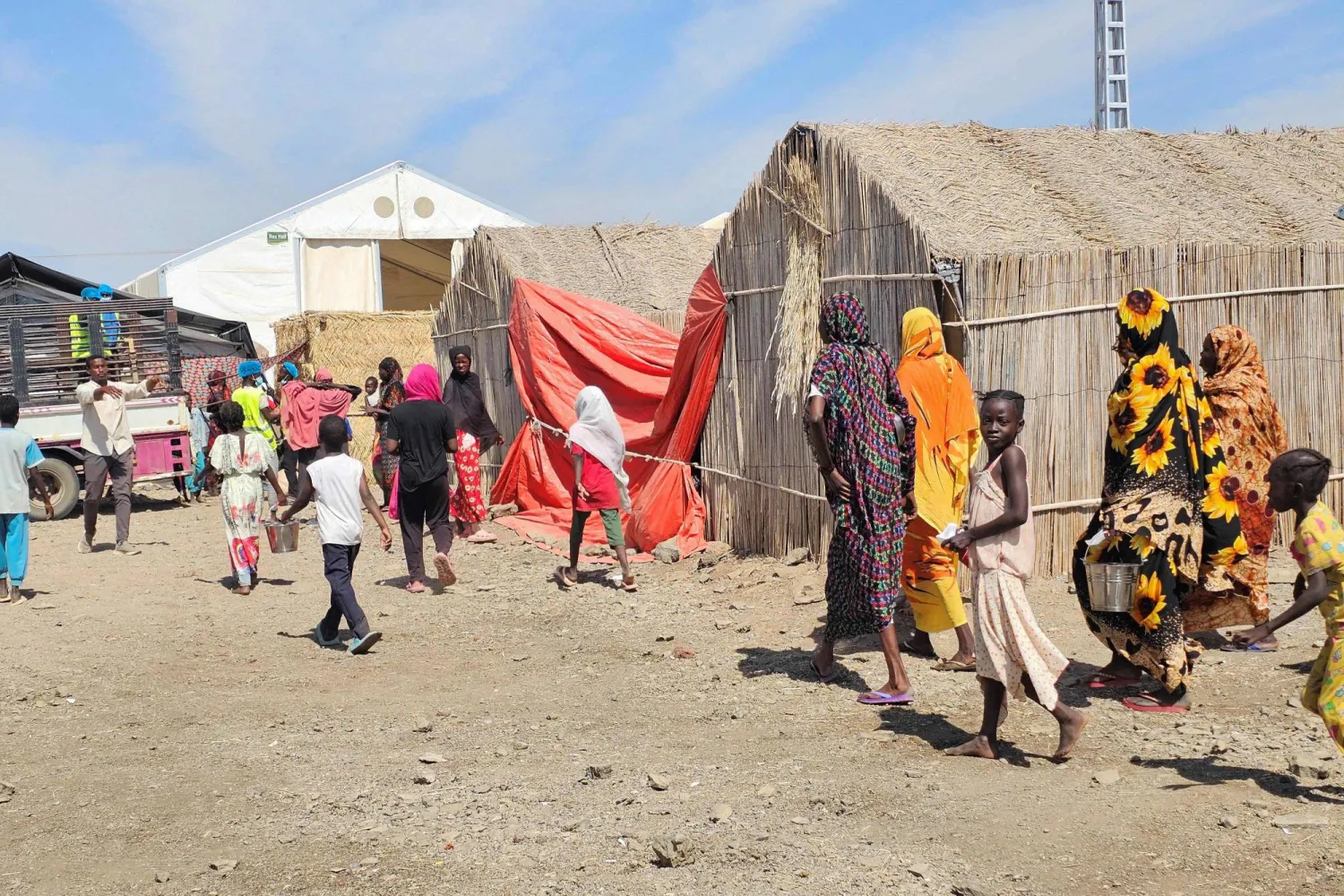President Vladimir Putin warned the West on Wednesday that Russia was technically ready for nuclear war and that if the US sent troops to Ukraine, it would be considered a significant escalation of the war.
Putin, speaking just days before a March 15-17 election which is certain to give him another six years in power, said the nuclear war scenario was not "rushing" up and he saw no need for the use of nuclear weapons in Ukraine.
"From a military-technical point of view, we are, of course, ready," Putin, 71, told Rossiya-1 television and news agency RIA in response to a question whether the country was really ready for a nuclear war.
Putin said the US understood that if it deployed American troops on Russian territory - or to Ukraine - Russia would treat the move as an intervention.
"(In the United States) there are enough specialists in the field of Russian-American relations and in the field of strategic restraint," Putin said.
"Therefore, I don't think that here everything is rushing to it (nuclear confrontation), but we are ready for this."
The war in Ukraine has triggered the deepest crisis in Russia's relations with the West since the 1962 Cuban Missile Crisis and Putin has warned several times that the West risks provoking a nuclear war if it sends troops to fight in Ukraine.
Putin sent tens of thousands of troops into Ukraine in February 2022, triggering full-scale war after eight years of conflict in eastern Ukraine between Ukrainian forces on one side and pro-Russian Ukrainians and Russian proxies on the other.
Western leaders have promised to defeat Russia in Ukraine, but after two years of war, Russian forces control a little under one fifth of Ukrainian territory.
In a US election year, the West is grappling with how to support Kyiv against Russia which has bolstered its army with hundreds of thousands of men and is rearming much faster than the West.
Kyiv says it is defending itself against an imperial-style war of conquest designed to erase its national identity. Russia says the areas it controls in Ukraine are now Russia.
Nuclear war?
Putin, Russia's ultimate decision maker on nuclear weapons, reiterated that the use of nuclear weapons was spelled out in the Kremlin's nuclear doctrine, its policy setting out the circumstances in which Russia might use its weapons.
"Weapons exist in order to use them," Putin said. "We have our own principles."
Russia and the United States are by far the largest nuclear powers, controlling more than 90% of the world's nuclear weapons.
Putin said Russia was ready for serious talks on Ukraine.
"Russia is ready for negotiations on Ukraine, but they should be based on reality - and not on cravings after the use of psychotropic drugs," Putin said.
Reuters reported last month that Putin's suggestion of a ceasefire in Ukraine to freeze the war was rejected by the United States after contacts between intermediaries.
If the United States conducted nuclear tests, Russia might do the same, he added in the wide-ranging interview.
"It's not necessary ... we still need to think about it, but I don't rule out that we can do the same."
CNN reported on Saturday that the administration of US President Joe Biden was specifically concerned in 2022 that Russia might use a tactical or battlefield nuclear weapon in Ukraine.
CNN said US intelligence agencies received information there were communications among Russian officials explicitly discussing a nuclear strike in 2022.
However, Putin said Russia had never faced a need to use nuclear weapons in Ukraine, where the conflict has raged since February 2022.
"Why do we need to use weapons of mass destruction? There has never been such a need."









